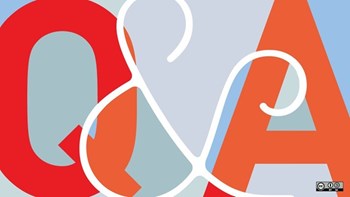
Q. While ours is a pet-friendly community we do have rules and regulations that limit the number of pets that residents can keep. Our rules and regs state that owners may not have more than 2 pets, one of which may be a dog. One of the unit owners—who also happens to be, not surprisingly, a board member—keeps 4 dogs in her unit as pets—in clear violation of the rules. Since she is a board member, the board will not take action against her. Not only is this unfair, it is against the rules. What can we do to stop this violation of our pet policy?
—Board Rule Breaker
A. “While the Board of Directors has the right to create rules and regulations with respect to the operation and use of the property pursuant to Section 18.4(h) of the Illinois Condominium Property Act (“ICPA”) it is the fiduciary obligation of the Board to enforce any existing rule of the Association. See 18.4(r) of the ICPA. Furthermore, Section 18(b)(2) of the ICPA specifically provides that the association shall have one class of membership, which means everyone needs to be treated alike in terms of application of the rules, regardless of whether or not they sit on the board of directors,” explains Matthew Goldberg, Esq., of Bancroft, Richman & Goldberg, LLC.
“Board members maintaining four dogs, where the rule only provides for one, is a clear violation of the rule and the remainder of the Board has a duty to enforce the rule. Your first step should be to formally demand, in writing, that the Board enforce the rule as required. If the Board fails to comply, you have a right to bring a “derivative action” against the board to require them to enforce the rule and against the offending unit owner/board member for their violation of the rule. A derivative action is a right that comes from the common law and is reserved to an individual (in this case a unit owner/member) to act on behalf of the corporation (the unit owners association being a corporation) to enforce a right belonging to the corporation where the board of directors has failed to do so.
“In addition, you may have a claim against the board directly for breaching their fiduciary duty to you by failing to enforce the rule. Under Illinois Law, a fiduciary duty is the highest obligation one person can owe to another. It is considered to be sacred and a violation of this duty can result in individual liability for the board of directors. You may also be able to recover your legal fees expended in litigating this case.”






Leave a Comment